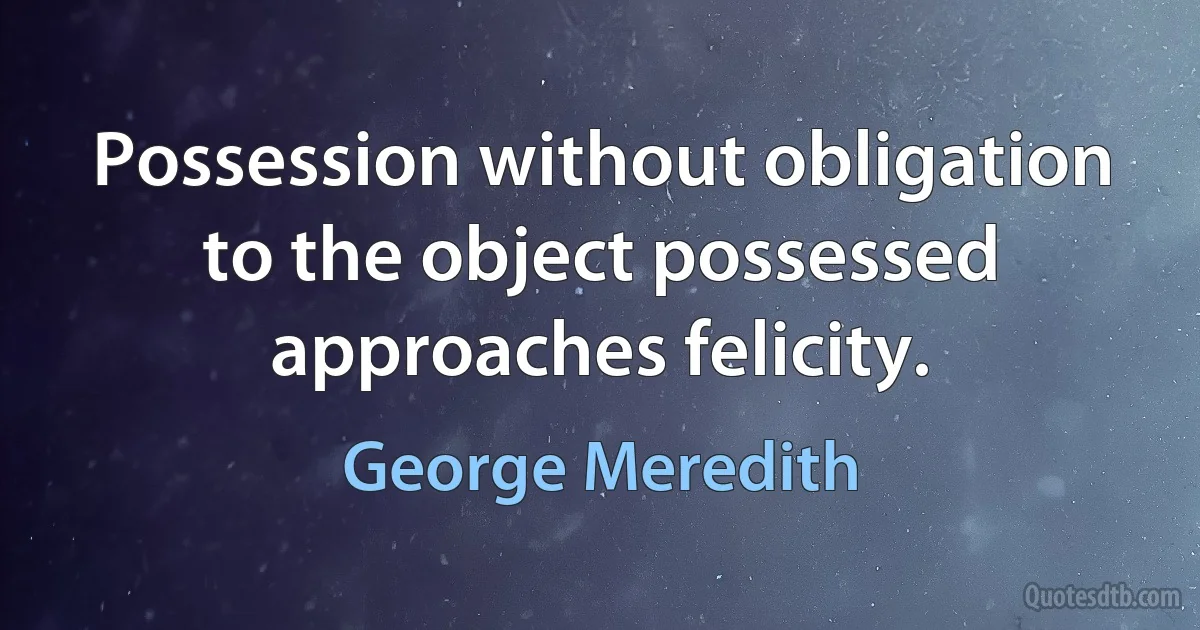Approaches Quotes - page 6
We know, since the theory of relativity at least, that empirical sciences are to some degree free in defining dynamical concepts or even in assuming laws, and that only a system as a whole which includes concepts, coordinating definitions, and laws can be said to be either true or false, to be adequate or inadequate to empirical facts. This "freedom," however, is a somewhat doubtful gift. The manifold of possibilities implies uncertainty, and such uncertainty can become rather painful in a science as young as psychology, where nearly all concepts are open and unsettled. As psychology approaches the state of a logically sound science, definitions cease to be an arbitrary matter. They become far-reaching decisions which presuppose the mastering of the conceptual problems but which have to be guided entirely by the objective facts.

Kurt Lewin
These discussions have always presented different and sometimes even opposite points of view. I think that this is the advantage of this discussion club; we call it a discussion club because where there is only one, right point of view, there is no place for discussion. Truth is born from comparing different approaches to the same phenomena and various assessments. Thanks to your participation, we can reach this result.

Vladimir Putin
The subject of a science is never well circumscribed and there is little use sharpening its definition. However, nobody will deny that physics deals with nature and sociology with human society in some of their aspects. With logic, it is another matter. Logic is usually understood nowadays as a study of certain formal systems, though in former times there were philosophers who held that the subject matter of logic was the formal rules of human thought. In the latter sense it would be an empirical rather than a formal science, though its empirical subject matter would still be fundamentally different from that of psychology of thinking. One interpretation of logic does not exclude the other. Formal approaches are often easier than empirical ones, and for this reason one can understand why logic as a study of formal systems has till now made more progress than logic as a study of the formal rules of thought, even if restricted to scientific thought.

Hans Freudenthal
Dinocrates, I appreciate your design as excellent in composition, and I am delighted with it, but I apprehend that anybody who should found a city in that spot would be censured for bad judgement. For as a newborn babe cannot be nourished without the nurse's milk, nor conducted to the approaches that lead to growth in life, so a city cannot thrive without fields and the fruits thereof pouring into its walls.

Alexander the Great
It would be better, I think, for the man who really seeks the truth not to ask what the poets say; rather, he should first learn the method of finding the scientific premises that I discussed in the second book; then he should train and exercise himself in this method; and when his training is sufficiently advanced, then, as he approaches each particular problem, he should enquire into the premise needed for proving it, which premise he should take from simple sense-perception, which from experience, whether drawn from life or from the arts, which from the truths clearly apprehended by the mind, in order to draw out from them the desired conclusion.

Galen
Despite these shortcomings, the insights into the organization of grammar that were achieved in Cartesian linguistics remain quite impressive, and a careful study of this work can hardly fail to prove rewarding to a linguist who approaches it without prejudice or preconceptions as to the a priori limitations on permitted linguistic investigation.

Noam Chomsky
Space is employed as the type even of the concept of time itself, representing it by a line, and its limits - moments - by points. Time, on the other had, approaches more to a universal and rational concept, comprising under its relations all things whatsoever, to wit, space itself, and besides, those accidents which are not comprehended in the relations of space, such as the thoughts of the soul. Again, time, besides this, though it certainly does not dictate the laws of reason, yet constitutes the principal conditions tinder favor of which the mind compares its notions according to the laws of reason. Thus, I cannot judge what is impossible except by predicating a and not-a of the same subject at the same time.

Immanuel Kant
.. But it doesn't frighten me, because I studied in France, thank God, and I know of no artist in history who was not 'literary' when it came down to it. Not a single one. And even if they don't appear to be, I know of none and you at least don't recall them, because there is nothing to recall... Sometime or other I'd like to see a > artist, but I didn't even find one in France. Obviously the trouble is that one approaches painting from the other side, so that the word > conceals the point of the thing. Yet even the most beautiful and > sujet (an apple, a grape or any >) doesn't help if there are no foundations, either innate or acquired through hard work... Why don't we say clearly: > and >, but let it be a tree and not a donkey..

Marc Chagall
Those truly natural wants, which reason alone, without some other help, is not able to fence against, nor keep from disturbing us. The pains of sickness and hurts, hunger, thirst, and cold, want of sleep and rest or relaxation of the part weary'd with labour, are what all men feel and the best dispos'd minds cannot but be sensible of their uneasiness; and therefore ought, by fit applications, to seek their removal, though not with impatience, or over great haste, upon the first approaches of them, where delay does not threaten some irreparable harm. The pains that come from the necessities of nature, are monitors to us to beware of greater mischiefs, which they are the forerunner of; and therefore they must not be wholly neglected, and strain'd too far. But yet the more children can be inur'd to hardships of this kind, by a wise care to make them stronger in body and mind, the better it will be for them.

John Locke
Through positive thinking and related approaches, we seek the safety and solid ground of certainty, of knowing how the future will turn out, of a time in the future when we'll be ceaselessly happy and never have to fear negative emotions again. But in chasing all that, we close down the very faculties that permit the happiness we crave.

Oliver Burkeman
![It is important at this point that Congress offer specific constructive approaches to what's proven to be a foreign policy disaster because we've got too much at stake to simply stand on the sidelines and criticize...If we simply cut off funding without any structure for how a redeployment takes place, then you could genuinely have a Constitutional crisis or at least a crisis on the ground where the president continues to send troops there but now they're being shortchanged in terms of armaments and support...The notion that as a consequence of that [2002 Congressional] authorization, the president can continue down a failed path without any constraints from Congress whatsoever is wrong and is not warranted by our Constitution. (Barack Obama)](https://cdn.quotesdtb.com/img/quotes_images_webp/68/barack-obama-authorization-congress-308768.webp)


